In celebration of National Wellness Month this August, I share insights from my book, “Me Time Monday – The Weekly Wellness Plan to Find Balance and Joy for a Busy Life.” I begin with this description of wellness from the introduction to the book:
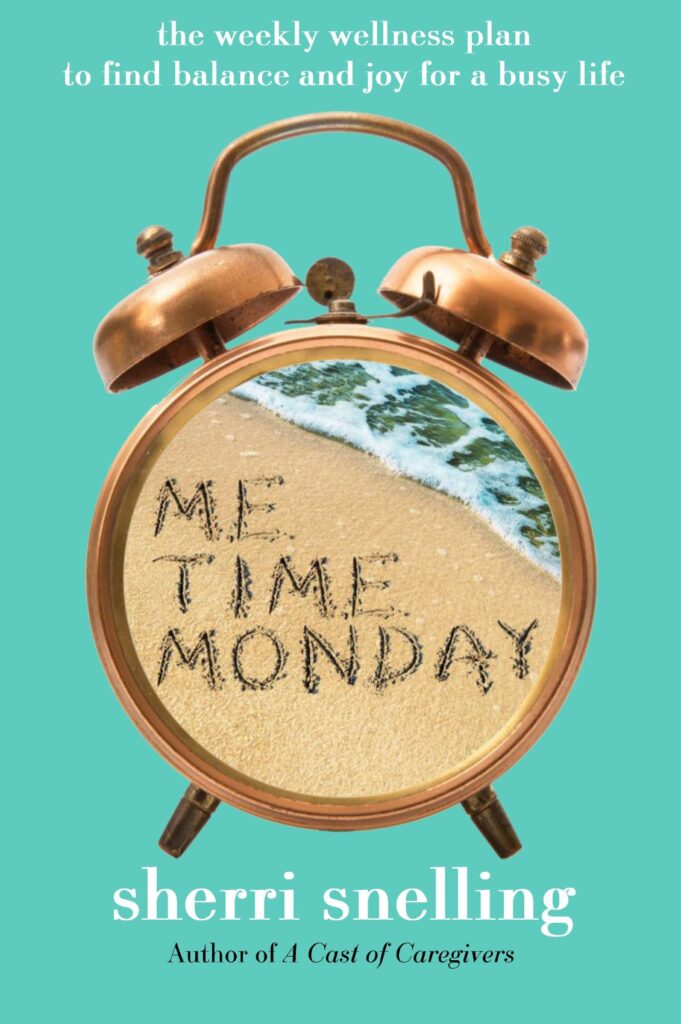
“Most people think of wellness as a new diet or exercise routine, maybe with a little meditation thrown in. As you read this book, the “wellness diet” is not about eating or nutrition (at least not entirely). It is actually a diet as Hippocrates defined the term which are the healing arts behind a lifestyle seeking well-being and joy. Wellness is now seen everywhere but not everything you hear or read will help your well-being. Me Time Monday is more about the personal happiness you create not what wellness products are promoting.
The paradox of many wellness plans is they make you feel like you are failing if you are not perfect. They also focus on problem-solving instead of strength-building. We are going to ditch all the noise pollution around cleanses, creams and snake oil solutions and instead take a fun but fact-filled road trip on this journey of self-care. You will see the Me Time Monday program looks at wellness as a lifelong pursuit not perfection.”
— “Me Time Monday” by Sherri Snelling ©2023
What I learned about wellness in my research for the book is that as we look around today – everything is wellness: wellness resorts, wellness pillows, wellness tuna fish, wellness shampoo, wellness tourism, wellness for pets, etc. In January, 2023, as I was writing my book, #wellness had been used in 61 million Instagram posts and had 8.5 billion views on Tik Tok.
Yet, wellness is not new or trendy. It is an ancient practice of the Greeks, Romans, Indians, Traditional Chinese Medicine (TCM) and other holistic practices from thousands of years ago.
In my book and in the workshops and webinars I do, I couple ancient wellness practices with the traditional model for balance in gerontology of Biology + Psychology + Sociology or what we call the BPS model.. I break that down into seven elements of life: Physical, Emotional, Social, Intellectual, Environmental, Financial and Spiritual (read more about the power of 7).
I also embraced the neuroscience of the “ancient brain.” This concept is what sustained human survival on the African savanna 2-3 million years ago and is what calms us and brings life back into balance today. It is the practice of focusing on multisensory activities – those using your five senses – which are optimized when the activity is practiced in a nature or outdoor setting with lush trees and flora.
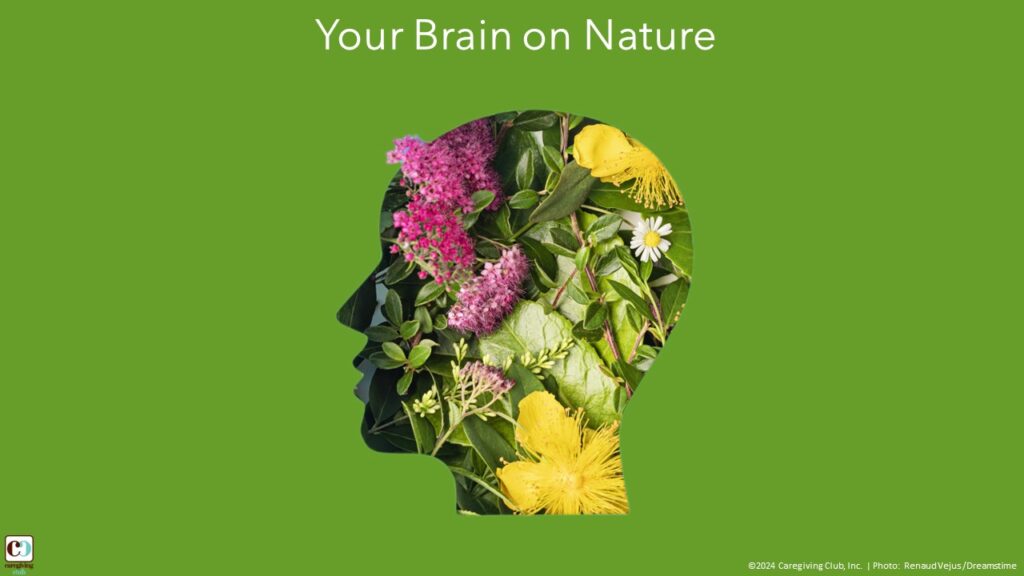
In addition, I studied the hormones that are strongly tied to happiness or what I call the “Four Hormones Against the Apocalypse” meaning if you are feeling stressed, anxious or depressed, realizing you have power to harness these hormones to flip the script is an essential part of wellness.
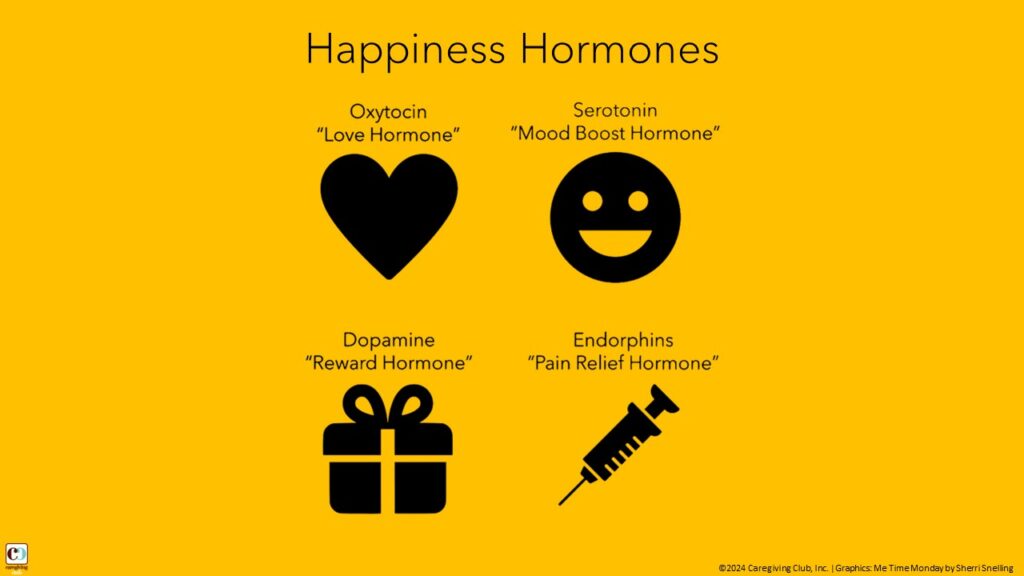
I then added in the concept of small, baby steps or just 7 minutes a day (or week if you are a busy caregiver) and using Monday as your touchstone for maintaining balance through a weekly cadence of check-ins with yourself. This became the alchemy of Me Time Monday as I have been practicing in my workshops for employees for the last decade.
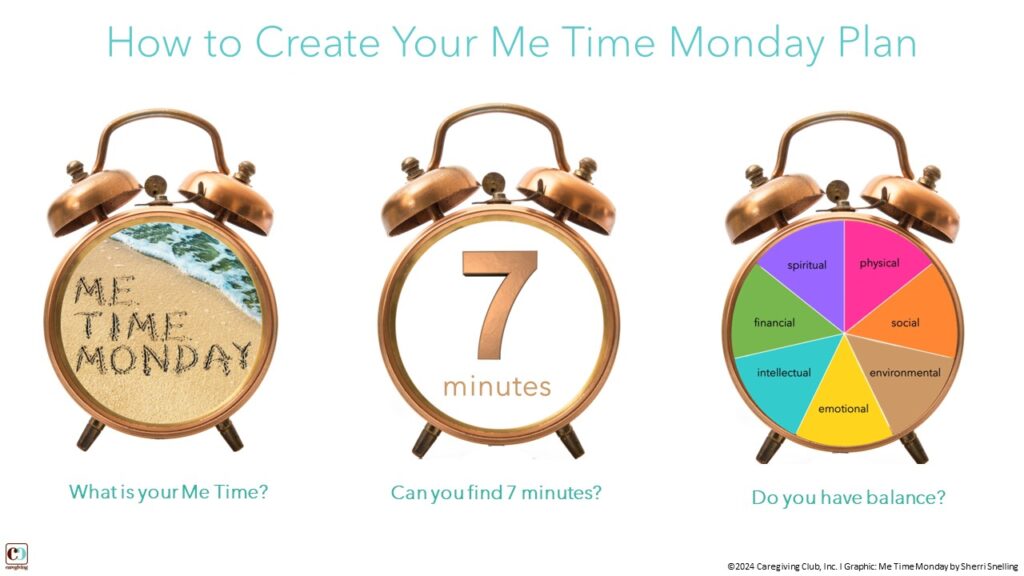
The 7 Elements of Wellness
In my workshops and webinars I provide insights into the 7 elements of wellness from my book. The key is that wellness practices are not about telling you what you must do but opening your eyes to what is possible and then helping you personalize your wellness practice to best fit your lifestyle. Most of these practices can be done in 7 minutes and don’t cost a dime.
Wellness is instructive, not prescriptive.
–Me Time Monday by Sherri Snelling
PHYSICAL
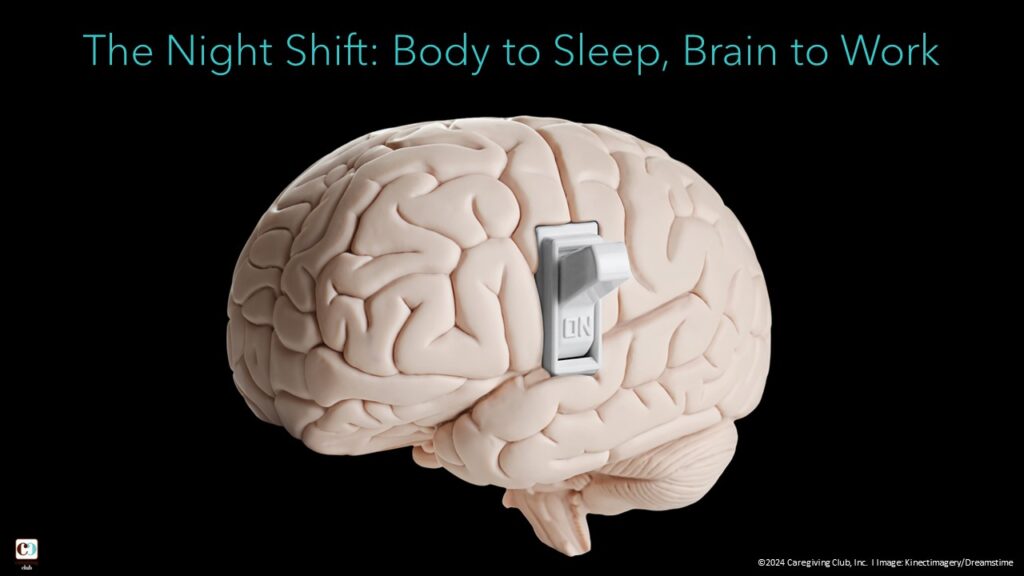
Emotional
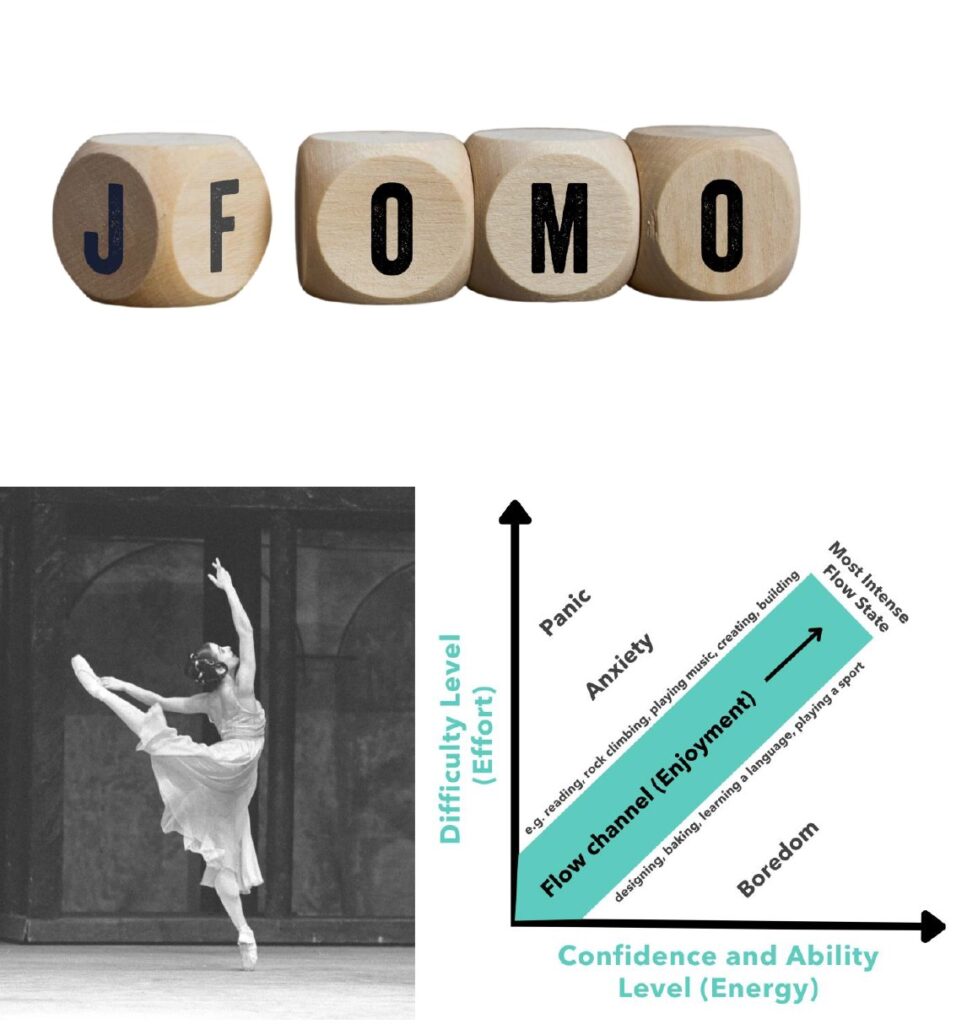
Social
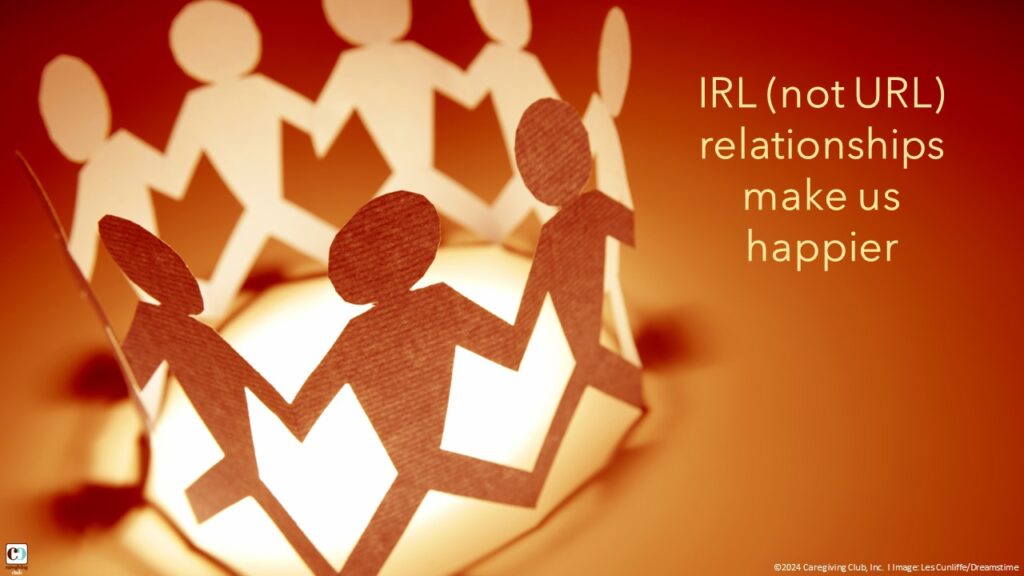
Intellectual
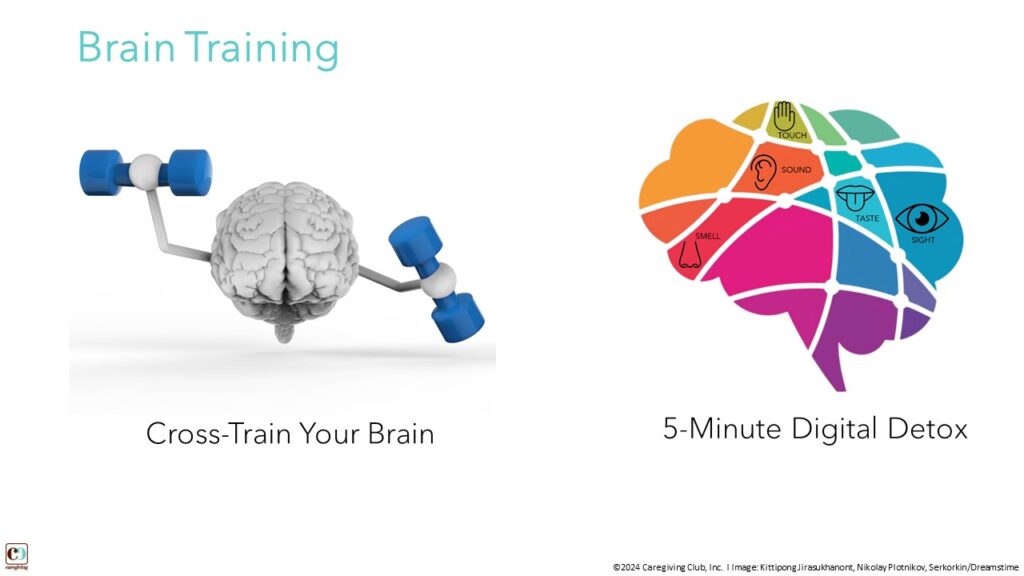
Environmental

Financial
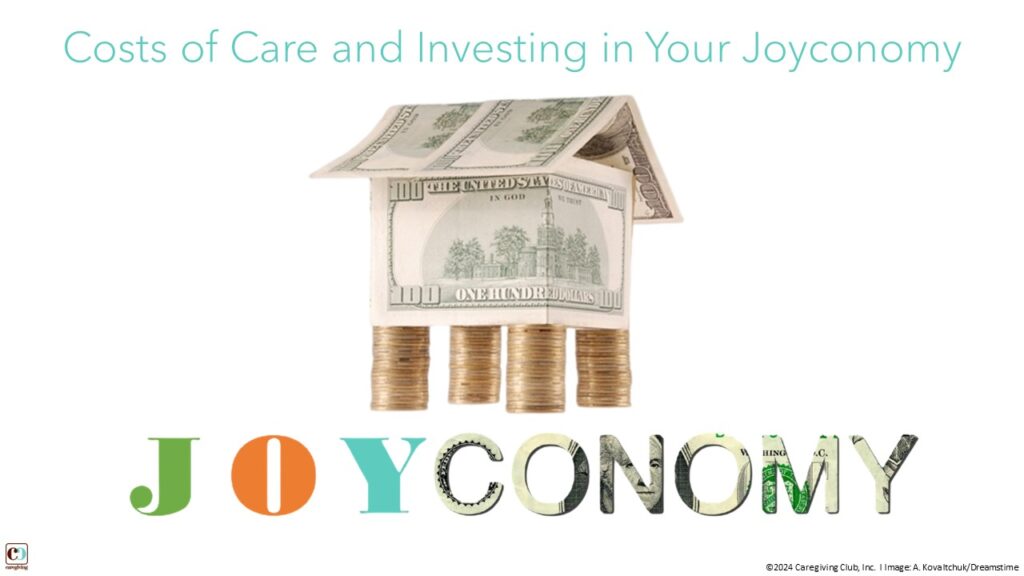
Spiritual


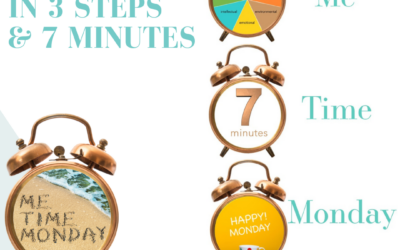
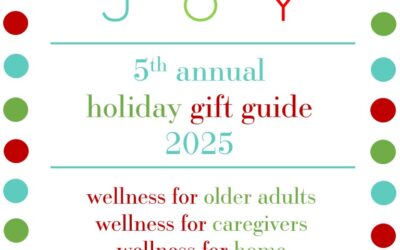
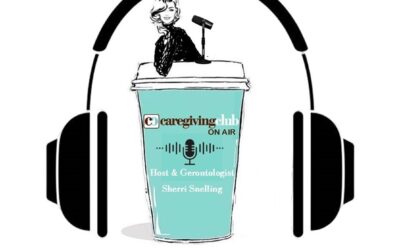
0 Comments